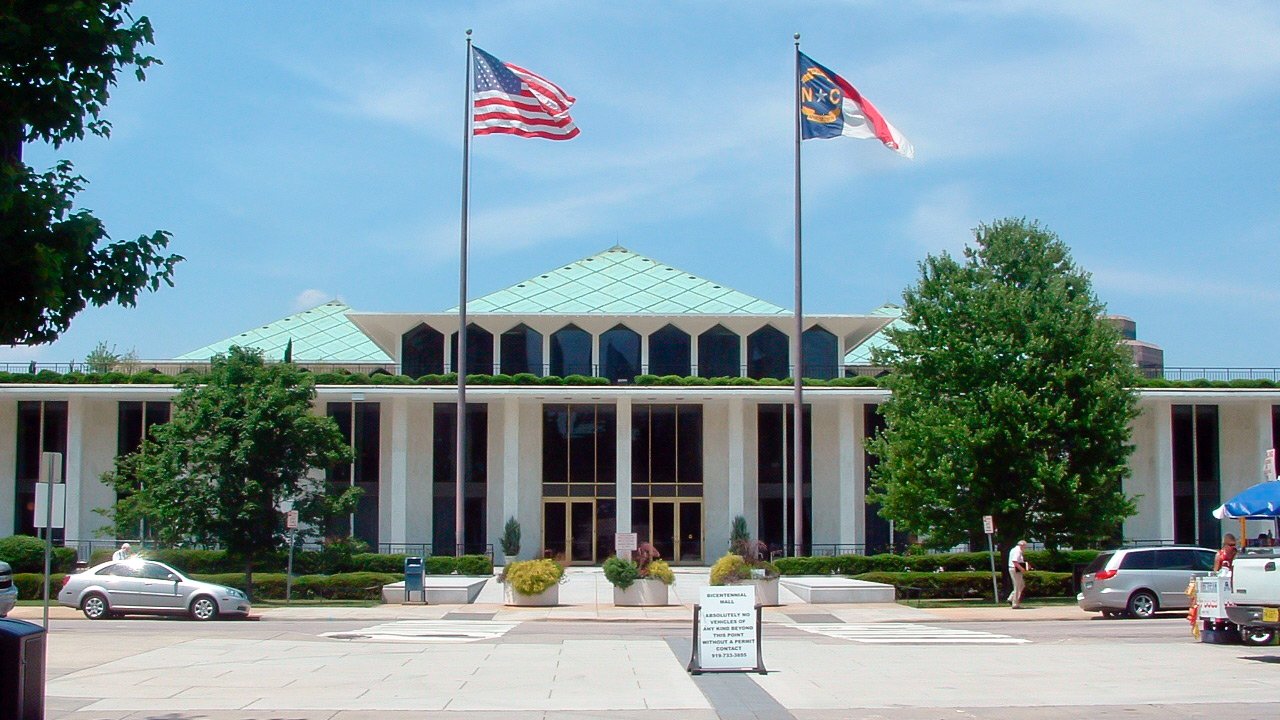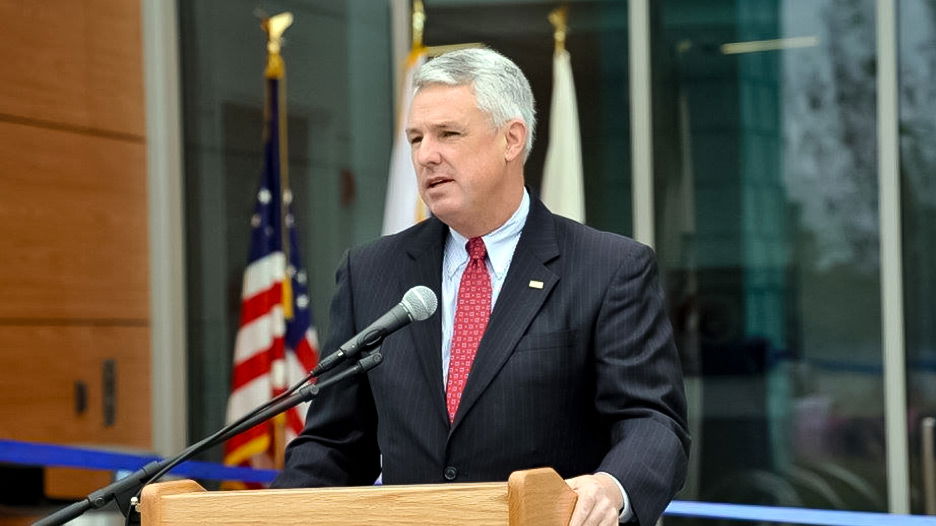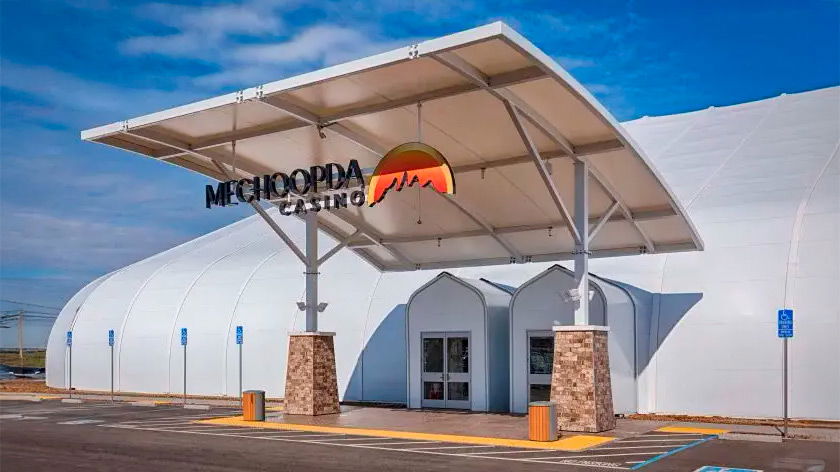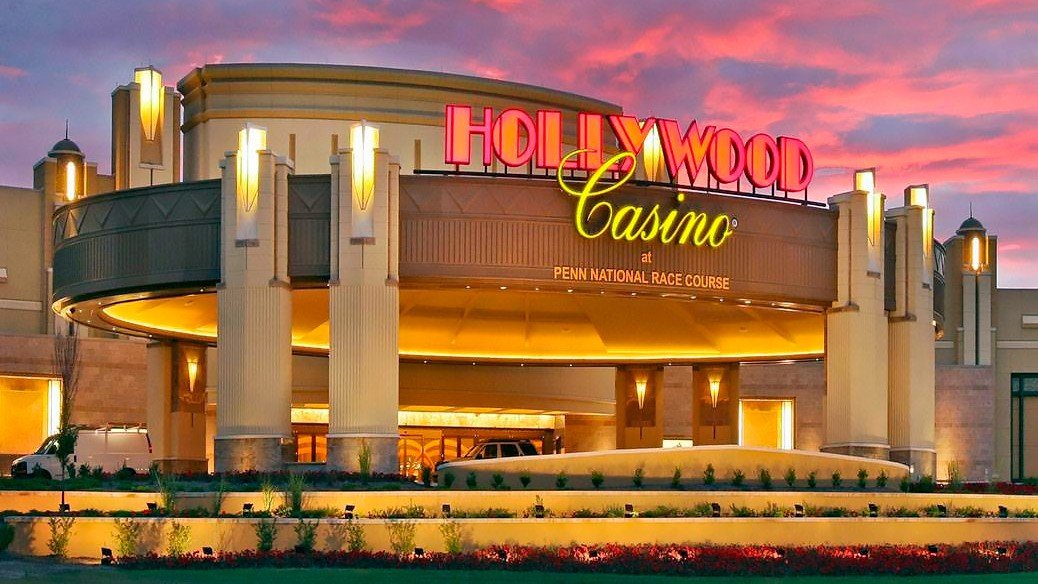North Carolina: Senate unveils bill authorizing 4 new casinos amid budget standoff

Amid the ongoing budget standoff and heated debates over the incorporation of state-sanctioned gambling provisions in North Carolina, Republican Senate leader Phil Berger's office released a copy of the legislation that would authorize the creation of four additional casinos.
The bill introduces four new casinos in the state. Three casinos would be situated in rural counties meeting specific criteria, including a population of less than 100,000 and proximity to major transportation corridors and international airports. Additionally, one casino would be operated by the Lumbee tribe in southeastern North Carolina, The News & Observer reported.
While discussions have identified potential casino locations, the legislation refrains from specifying particular counties, except for the Lumbee tribe-operated casino, which may be located in one or more of the following counties: Bladen, Brunswick, Columbus, Hoke, New Hanover, Richmond, Robeson, and Scotland.
Republican Senate leader Phil Berger
Notably, the revised bill differs from a previous draft that proposed a single company overseeing all three non-tribal casinos, now allowing for a single company or multiple companies to operate each casino, the report said.
Numerous casino developers have expressed interest in expanding operations in North Carolina, contributing to political campaigns and employing influential lobbyists and attorneys to navigate legislative processes and local zoning decisions.
The future of the casino legislation remains uncertain, as disagreements among Republican lawmakers persist following budget negotiations. As per the report, efforts to advance the proposal may require separate votes on the budget and a standalone casino and Medicaid expansion bill.
The legislation introduces the concept of "rural tourism districts" encompassing casinos and associated developments. These casinos would be subject to a 22.5% excise tax on gross gaming revenue, with the primary objective of promoting tourism and accommodating the burgeoning gaming industry.
The bill further asserts that due to the widespread legalization of gaming in many states, North Carolina is potentially missing out on business and employment opportunities within the industry.
The bill tasks the North Carolina Secretary of Administration with evaluating proposals from potential casino developers. Interested businesses must commit to creating a minimum of 1,750 jobs, investing at least $500 million in private funds per proposed district, boasting a decade of commercial gaming industry experience, and demonstrating expertise in developing mixed-use, non-gaming real estate projects.
Applicants must also select a site endorsed as an eligible location by the local governing body. The Secretary of Administration would begin accepting applications by December 1, with a $500,000 application fee and a $7.5 million proposal submission fee required for each district development application.
Lawmakers are eyeing further gambling expansion in North Carolina after the General Assembly previously passed legislation in June authorizing sports betting, slated to commence next year. Presently, the state houses three casinos operated by two American Indian tribes.
Republicans in the North Carolina legislature are currently locked in a budgetary standoff, which has been further complicated by disagreements over the inclusion of the provisions related to the expansion of state-sanctioned gambling. This impasse, occurring after months of negotiations, has delayed the enactment of a two-year budget, which was originally scheduled to be in place by July 1.
Supporters of these casinos argue that they would generate employment opportunities in economically challenged regions, increase tax revenues, and offer a counter to gambling options emerging across the border in Virginia. In contrast, opponents, particularly residents in targeted counties and social conservatives, contend that these casinos would lead to declining property values and exacerbate social issues.
The developments also come after the Rockingham County Board of Commissioners unanimously approved the rezoning of 192 acres of farmland near Madison for highway commercial usage last month, potentially paving the way for a casino development.


















































